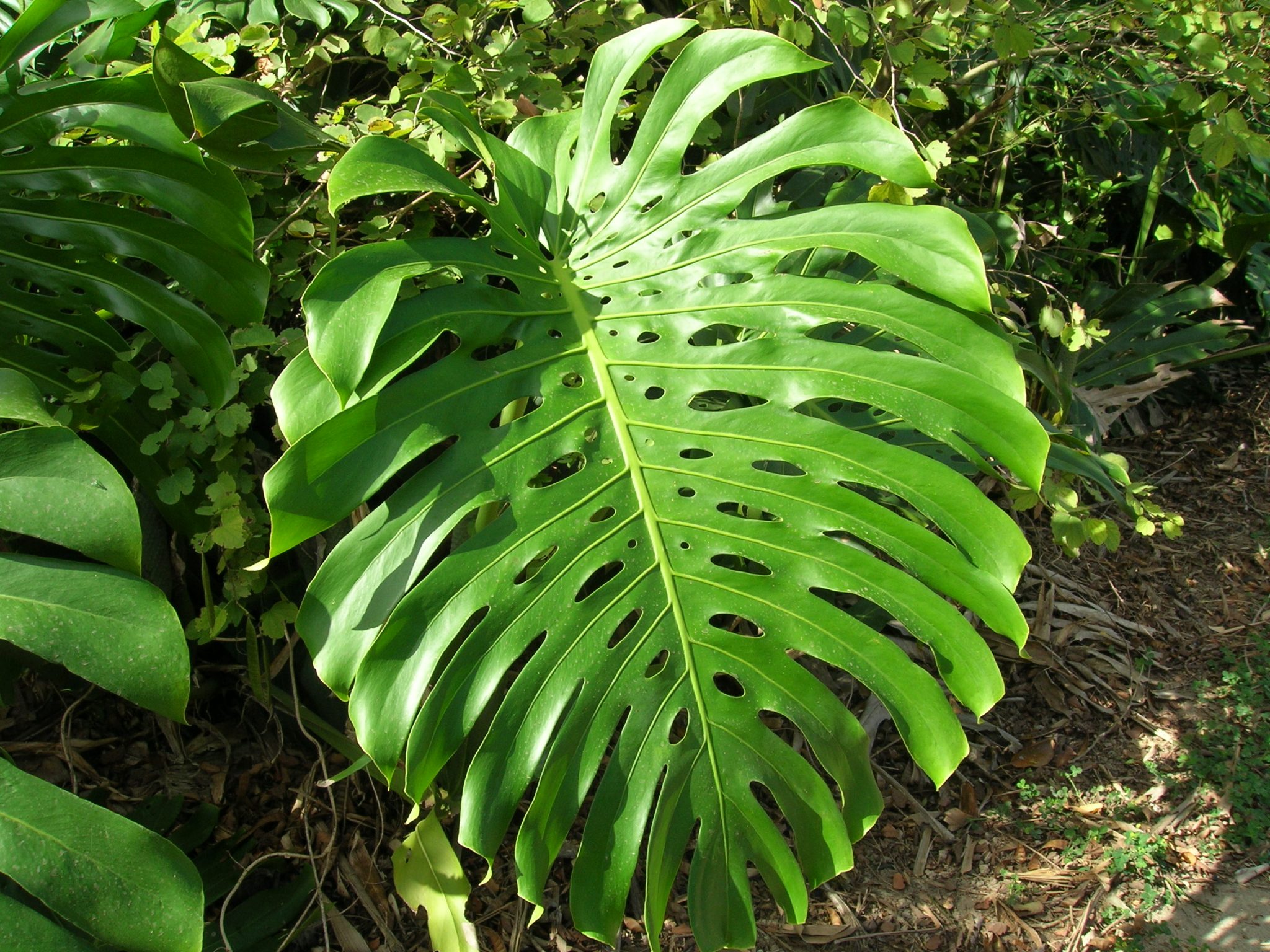
Image Source www.richardlyonsnursery.com
The Popularity of Monstera Deliciosa and the Safety Concern for Cats
Monstera Deliciosa, also known as the Swiss Cheese Plant, has gained immense popularity among plant enthusiasts for its stunning foliage and unique appearance. However, the rising interest in this houseplant has raised concerns among cat owners regarding its toxicity to their feline companions. In this article, we will delve into the question, “Is Monstera Deliciosa toxic to cats?” and provide you with comprehensive information to ensure the safety of your beloved pets.
Understanding the Potential Dangers of Monstera Deliciosa for Cats
Cats possess a curious nature and are prone to chewing on plants to satisfy their innate instincts. When it comes to Monstera Deliciosa, it is crucial to assess the potential dangers it may pose to your feline friend. In this section, we will explore the specific toxic compounds found in Monstera Deliciosa and shed light on the symptoms that may arise if a cat ingests this plant.
The Toxic Substances Found in Monstera Deliciosa
Monstera Deliciosa contains calcium oxalate crystals, which are responsible for its toxicity. These tiny needle-like crystals can cause irritation and discomfort when they come into contact with the delicate tissues of the mouth, throat, and gastrointestinal tract. Although not lethal, the ingestion of Monstera Deliciosa can lead to a range of unpleasant symptoms in cats, such as excessive drooling, oral pain, vomiting, and difficulty swallowing.
Recognizing the Symptoms of Monstera Deliciosa Toxicity in Cats
Identifying the symptoms of Monstera Deliciosa toxicity in cats is crucial for prompt intervention and veterinary care. As cats may exhibit different responses to toxic substances, it is essential to be vigilant and look out for signs such as pawing at the mouth, decreased appetite, coughing, gagging, and potentially, swelling of the lips, tongue, or throat. If you suspect that your cat has ingested Monstera Deliciosa or is exhibiting any concerning symptoms, seeking immediate veterinary assistance is highly recommended.
Protecting Your Cat and Creating a Pet-Friendly Environment
Ensuring the well-being of your cat involves taking proactive measures to create a safe and pet-friendly environment. In this section, we will provide you with practical tips and alternatives to safeguard your feline friend while still enjoying the beauty of Monstera Deliciosa or other houseplants.
Preventing Access to Monstera Deliciosa
Prevention is key when it comes to protecting your cat from potential harm. Placing Monstera Deliciosa in a location that is inaccessible to your cat, such as high shelves or hanging baskets, is a proactive approach. Additionally, using deterrents like bitter sprays or double-sided tape can discourage cats from approaching or nibbling on the plant.
Safe Alternatives for Cat-Friendly Greenery
If you are concerned about the potential risks associated with Monstera Deliciosa, there is an array of cat-friendly alternatives that can add a touch of greenery to your home. Spider plants, ferns, and Boston ivy are just a few examples of non-toxic plants that can satisfy your desire for indoor greenery without compromising your cat’s safety.
In Conclusion
While Monstera Deliciosa may pose a risk to cats if ingested, it is important to remember that prevention and awareness are key in creating a safe environment for your feline companions. By understanding the potential dangers, recognizing the symptoms of toxicity, and taking necessary precautions, you can ensure the well-being of your cat while still enjoying the beauty of houseplants. Remember, a little knowledge and responsible pet ownership go a long way in keeping your furry friends safe.